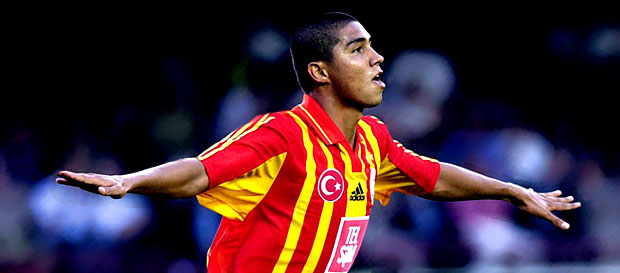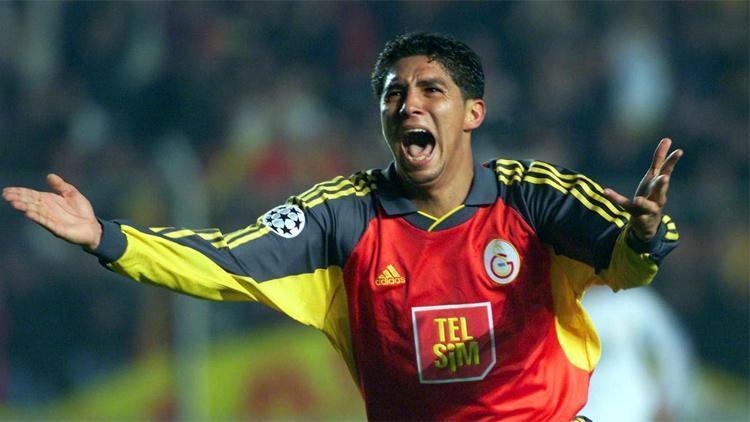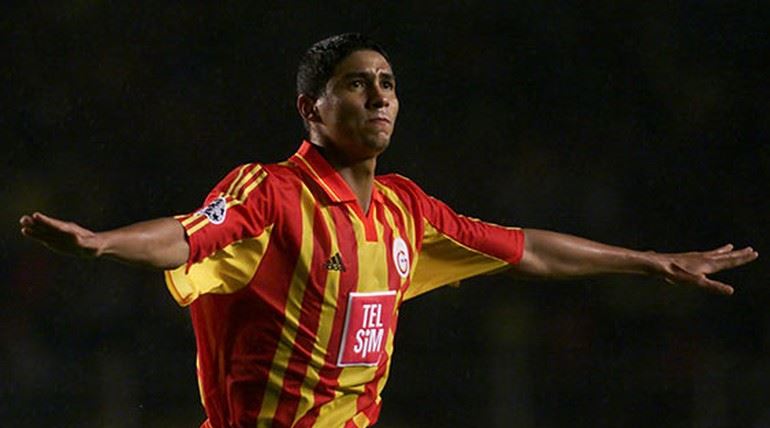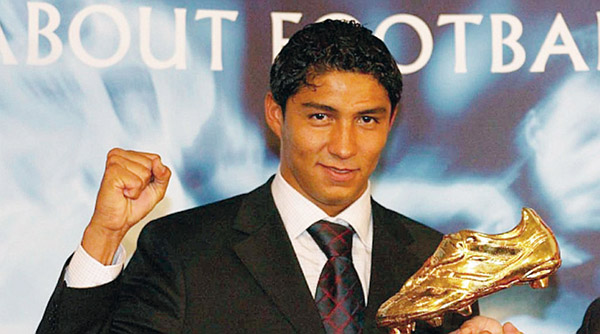Galatasaray legend super mario
Introduction
Mario Jardel Almeida Ribeiro, commonly known as Mario Jardel, was born on September 18, 1973, in Fortaleza, Brazil. He is widely regarded as one of the most prolific strikers of his generation, known for his exceptional goal-scoring ability and aerial prowess. Throughout his career, Jardel left an indelible mark on the football world, mesmerizing fans with his goalscoring exploits and leading his teams to numerous triumphs.
Early Life and Career Beginnings
Mario Jardel's journey in football began in his hometown of Fortaleza, where he developed a passion for the sport at a young age. His talent quickly caught the attention of local scouts, and he joined the youth academy of Brazilian club Ferroviário Atletico Clube. It was here that Jardel honed his skills and laid the foundation for his future success.
Rise to Prominence
Jardel's breakthrough came when he made his professional debut for Brazilian club Vasco da Gama in 1992. His performances garnered widespread acclaim, and it wasn't long before he attracted interest from top European clubs. In 1996, Jardel made the move to Portugal, signing for FC Porto, where he would achieve legendary status.
Success at FC Porto
Jardel's time at FC Porto proved to be the defining period of his career. He formed a formidable partnership with Deco and spearheaded Porto's attack with his lethal goalscoring instincts. During his tenure at the club, Jardel won an array of domestic and international titles, including multiple Primeira Liga titles and the UEFA Cup. His prolific goalscoring exploits earned him the prestigious European Golden Shoe award in 1999 and 2002.
European Odyssey
Following his remarkable success at FC Porto, Jardel embarked on a journey across Europe, plying his trade for several clubs in countries such as Turkey, Spain, and Italy. While his time at these clubs was marked by varying degrees of success, Jardel continued to showcase his ability to find the back of the net with remarkable consistency.
International Career
On the international stage, Jardel represented the Brazilian national team, although his opportunities were limited due to the fierce competition for places in the squad. Nonetheless, he made notable contributions whenever called upon, leaving a lasting impression with his goalscoring prowess.
Challenges and Personal Struggles
Despite his achievements on the field, Jardel faced numerous challenges and personal struggles throughout his career. Issues such as injuries, off-field controversies, and struggles with addiction posed significant obstacles, threatening to derail his career at times. However, Jardel demonstrated resilience and determination in overcoming these adversities, showcasing his unwavering commitment to the sport he loved.
Legacy and Influence
Mario Jardel's legacy extends far beyond the goals he scored on the pitch. He inspired a generation of footballers with his remarkable talent and served as a testament to the transformative power of perseverance and dedication. While his career may have been marked by ups and downs, Jardel's indelible impact on the sport remains etched in the annals of football history.
Conclusion
In conclusion, Mario Jardel stands as a testament to the enduring power of talent, perseverance, and resilience. From his humble beginnings in Brazil to conquering the footballing world with his remarkable goalscoring exploits, Jardel's journey is one of triumph over adversity. While his career may have had its share of challenges, his legacy as one of the greatest strikers of his generation will forever be enshrined in footballing folklore.
Kaynakça
- ^ "Arşivlenmiş kopya". 8 Aralık 2015 tarihinde kaynağından arşivlendi. Erişim tarihi: 2 Aralık 2015.
- ^ "Arşivlenmiş kopya". 2 Aralık 2015 tarihinde kaynağından arşivlendi. Erişim tarihi: 2 Aralık 2015.
- ^ "Arşivlenmiş kopya". 16 Mart 2017 tarihinde kaynağından arşivlendi. Erişim tarihi: 16 Mart 2017.
- ^ NTV. "UEFA Türkiye'de oynamış en iyi yabancıları". 14 Eylül 2015 tarihinde kaynağından arşivlendi. Erişim tarihi: 5 Ağustos 2015.
- ^ UEFA. "Turkey's ten best foreign imports". 25 Eylül 2015 tarihinde kaynağından arşivlendi. Erişim tarihi: 5 Ağustos 2015.
























